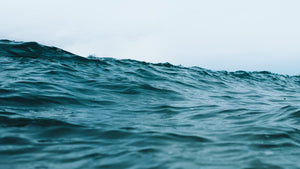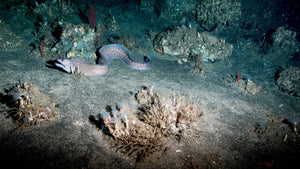
Although some biodegradable plastics, or bioplastics, have recently been developed, these plastics were intended to break down in industrial compost facilities. In cold, dark ocean environments, they break down very slowly.
What if there were a way to avoid the problem of plastic pollution while still reaping the benefits of plastic’s durability, versatility, and low cost?
In order to tackle this problem, Anne S. Meyer, an associate professor in the Department of Biology at the University of Rochester, worked with marine microbiologist Alyson Santoro at the University of California, Santa Barbara; University of Rhode Island oceanographer Melissa Omand; ecologist Ryan Freedman from the Channel Islands National Marine Sanctuary; and industry partner Mango Materials. Together, the team is developing bioplastics—environmentally friendly plastic materials engineered to degrade in ocean environments.
Image: Camilo Jimenez, Unsplash




![Researchers develop autonomous robots that could help capture energy from the ocean: '[It] could have a transformative effect'](http://www.investableoceans.com/cdn/shop/files/unnamed_92343486-9276-4ff0-b377-4c890ecac0eb_300x.jpg?v=1739139738)